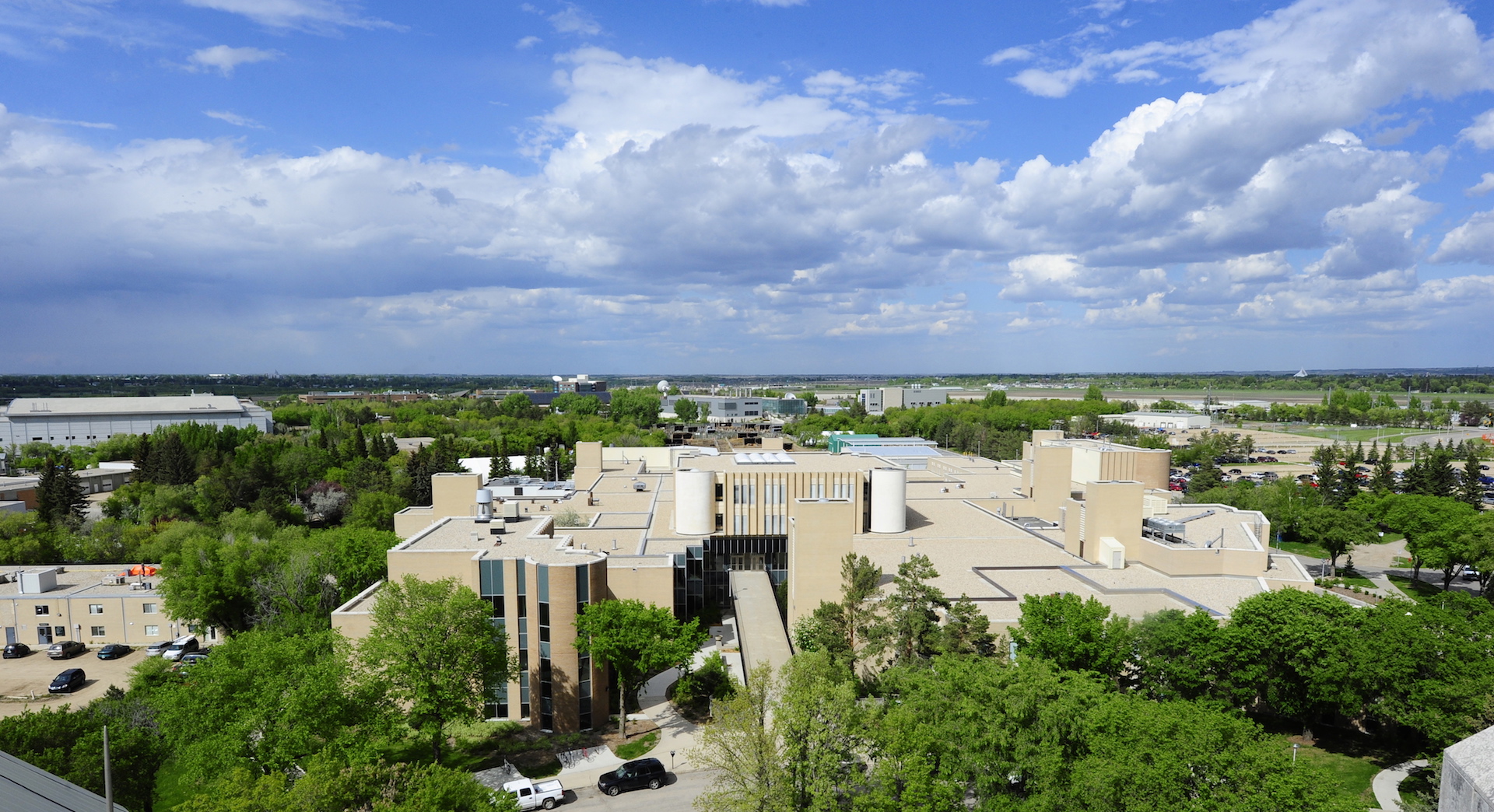
Veterinary college at U of S maintains international accreditation
SASKATOON – After undergoing intensive review in 2017, the Western College of Veterinary Medicine (WCVM) at the University of Saskatchewan has successfully maintained its accreditation with the American Veterinary Medical Association’s (AVMA) Council on Education.
“Accreditation is the ideal opportunity to demonstrate everything that we do very well at the WCVM, and these results confirm what our outstanding outcomes are already demonstrating: we have a high calibre veterinary college that meets and exceeds international standards,” said WCVM Dean Douglas Freeman.
Accreditation with the AVMA council represents the highest standard of achievement for veterinary medical education globally. In mid-April, the council confirmed the WCVM’s status of “accredited with minor deficiencies,” referring to items that have minimal or no effect on student learning or safety and are typically resolved within one year.
Examples included having adequate signage in patient isolation areas and a clarification of admission requirements on the college’s web site. Freeman said much of the work in resolving these minor issues has already been done or is close to completion.
“Our team works very hard to maintain the high quality of our veterinary college’s academic programs, facilities and clinical services, so it’s gratifying to receive this international confirmation that our efforts are successful,” said Freeman.
Statistics collected since the last accreditation site visit in 2010 show that the WCVM is succeeding in its mission to serve as a western Canadian centre of veterinary education, research and clinical expertise. Examples include the following:
- WCVM students have consistently scored in the top 22 percentile of all students globally taking the North American Veterinary Licensing Examination (NAVLE) — the test written by veterinary graduates from AVMA-accredited schools
- Ninety-eight per cent of WCVM alumni who were surveyed two years after graduation felt prepared for their careers
- Based on employer survey results, 85 per cent of respondents are either satisfied or very satisfied with their WCVM-educated employees
The WCVM submitted a comprehensive self-study in August 2017. Two months later, a council-appointed team conducted a five-day site visit that included meetings with WCVM students, faculty, staff, alumni and other stakeholders.
The council’s final report referenced to the Government of Alberta’s recent decision to withdraw financial support from the WCVM—a loss of $8 million per year—and leave a long-term partnership with the other western provinces. While the news didn’t affect the college’s recent accreditation, Freeman said the council will require regular updates on the status of the interprovincial partnership and college funding since evidence of financial stability is a critical part of the accreditation process.
Alberta’s planned departure has sparked concern and criticism within the college as well as among alumni and industry stakeholders—regionally and nationally.
“It’s worrisome when a veterinary college loses a quarter of its annual operating base. But we are working within the college and with regional partners to address this challenge with creative solutions,” said Freeman.
The council’s report also included positive comments about the WCVM’s Indigenous engagement efforts as well as the new simulation centre and its co-operative relationship with other U of S health science colleges.
“The college is doing extremely well, and it was very satisfying to share the many ‘points of pride’ from our innovative veterinary program and our engaged partnerships with the international site team visitors,” said Freeman.
-30-
For more information, contact:
Communications, Dean’s Office
Western College of Veterinary Medicine
University of Saskatchewan
myrna.macdonald@usask.ca

